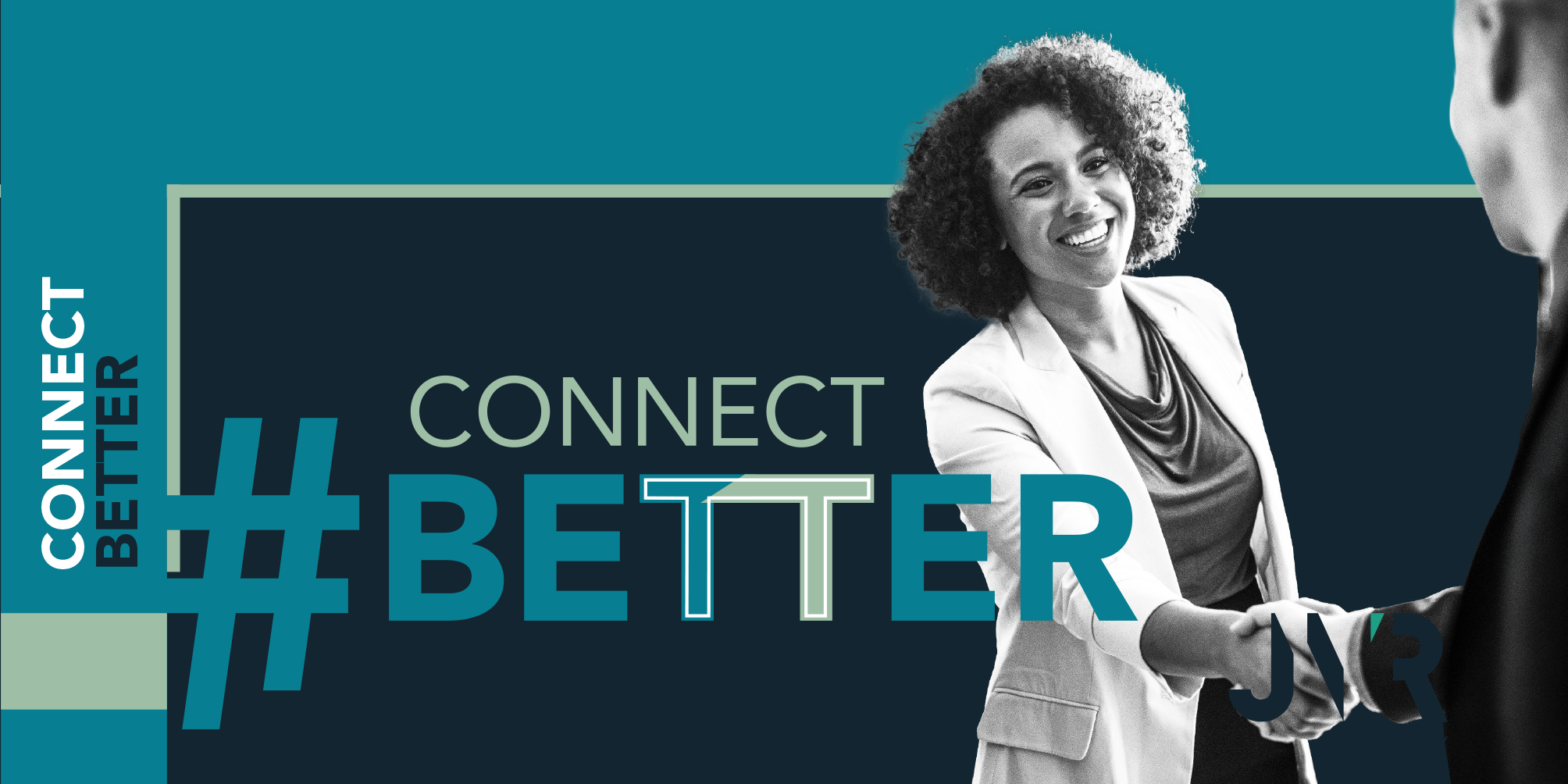In the spirit of Mandela Day, let’s talk about something that takes real courage. I’m not referring to climbing mountains or talking to the boss about that raise, but rather, forgiveness. Yes, that quiet, powerful act of letting go. And no, it’s not just about being nice. It’s about being kind, compassionate, and ultimately, free.
Nelson Mandela famously said, “Resentment is like drinking poison and then hoping it will kill your enemies”. Coming from someone who spent 27 years in prison and emerged with grace and forgiveness, that’s not just wisdom, it’s a masterclass in emotional strength.
Why forgiveness is a power move
Forgiveness isn’t about excusing bad behaviour or forgetting what happened. It’s about choosing your peace over prolonged pain. And here’s the surprise: the person who benefits most is you. Scientific studies have shown that people who forgive experience:
Higher self-esteem
Lower levels of anxiety and depression
Improved relationships and emotional resilience
Research in positive psychology consistently supports the idea that forgiveness leads to personal growth and healing.
The science of self-healing
Forgiveness activates areas of the brain associated with empathy and emotional regulation. It’s a bit like mental decluttering – clearing out the bitterness to make room for better things. And yes, it takes courage. But so does leadership, a strength we all should develop and refine.
But what about forgiveness at work?
In corporate environments, grudges can quietly erode teamwork and morale. A culture of compassion and accountability, rather than relentless perfection, creates stronger, more resilient teams. When colleagues feel safe to make mistakes and own them, innovation thrives. Forgiveness doesn’t mean ignoring issues, it means addressing them with kindness and moving forward with clarity.
Forgiveness also plays a key role in leadership. Leaders who model forgiveness foster trust and psychological safety. When a manager responds to a misstep with understanding rather than punishment, it is evident of an environment that encourages openness, loyalty, and long-term commitment. It’s not about being soft, it’s about being strong, smart, and emotionally intelligent.
And let’s not forget the personal benefits. Carrying resentment at work is exhausting. Choosing to forgive lightens your emotional load. It frees up energy for creativity, collaboration, and yes, even joy. Forgiveness is not just a moral virtue; it’s a strategic advantage.
How to start forgiving (without a halo)
Here are a few practical steps to begin your forgiveness journey:
Acknowledge the hurt
You can’t heal what you don’t feel. Recognise the impact of the offense but do so without judgement.Shift the perspective
Try to see the situation through a lens of compassion. What might have led the other person to act that way?Consciously decide to let go
Forgiveness is a deliberate choice, not a feeling. You don’t have to wait until you “feel ready”.Practice self-kindness
Be gentle with yourself. Forgiveness is a process, not a one-time event.Write about it
Journalling can help clarify your thoughts and release emotional tension.
Want to find out more?
Here are some great articles to explore forgiveness further:
Share this post
Newsletter
Get up-to-date industry news right in your inbox



